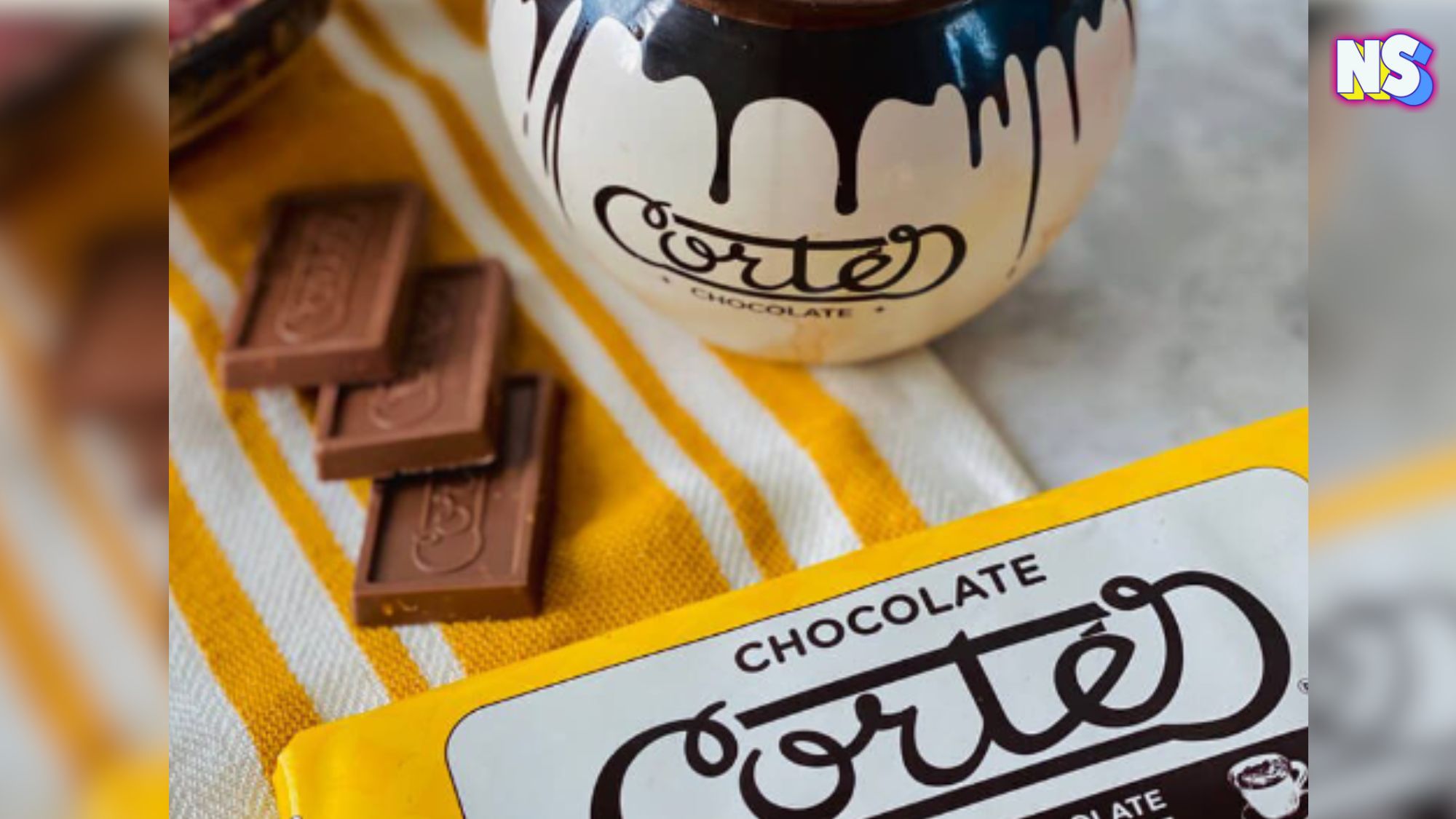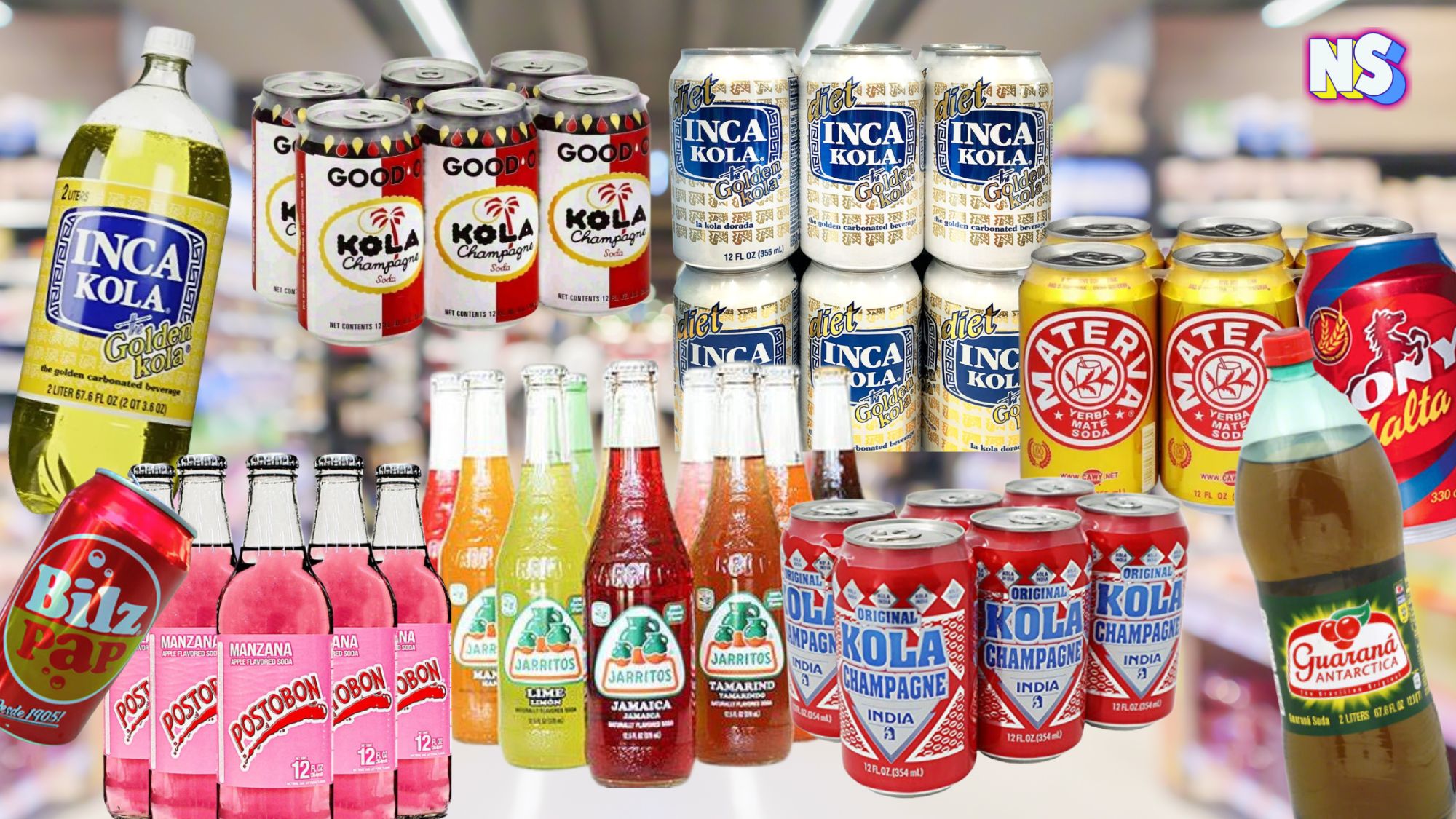As grillmasters head outside to barbecue for Labor Day, they might be surprised to learn that this great American pastime isn’t U.S.-born at all. In fact, its origins lie far to the south — in Latin America. It’s true. Barbecuing as we know it is a cooking technique introduced by the Spanish and borrowed from the Caribbean. Time to find out how Latin America ignited America’s love for barbecue.
How Latin American Ignited America’s Love for Barbecue
Cooking outside has been around for thousands, even millions, of years. But the modern concept of barbecue and backyard gatherings links directly back to Latin America, namely the Caribbean. Long before European explorers set foot on the continent, the Taino were barbecuing.
“Gonzalo Fernández De Oviedo y Valdés, a Spanish explorer, was the first to use the word ‘barbecoa’ in print in Spain in 1526,” Cinders Barbecues writes. “After the Spaniards and Columbus landed in the Americas in 1492, they found the people of Taino roasting meat on a wooden framework resting on sticks above a fire.”
This method was not only practical but also innovative, as it allowed the meat to cook thoroughly without being exposed to direct flames, preventing it from charring or burning. The slow cooking process also helped in preserving the meat for longer periods, which was crucial in a time before refrigeration.
The Spanairds developed a love for the outdoor style of cooking and introduced it to the indigenous people they met in the North, in places like present-day Mississippi. In the 1500s, Spanish Explorer Hernando DeSoto introduced barbecue to the Chichasaw, who had never eaten pork or any kind. They quickly grew fond of the new meat and its cooking method. Eventually, the technique made its way to the colonies, traveling as far north as Virginia, according to Smithsonian magazine. And, voila, North America’s obsession with barbecue was born.
Barbecue’s Journey to North America
As the method spread, it was adapted to the local resources and tastes of different regions. In the American colonies, barbecue took on a life of its own, evolving into the various regional styles we see today. For example, vinegar-based sauces arose in the Carolinas and sweet sauces sprung up in Tennessee. The tastes were heavily influenced by the European immigrants in each region.
“The technique of adding sauce to the meat as it cooks came from British colonists who incorporated the idea of basting to preserve the juices within the meat with the Caribbean barbecue technique,” the Smithsonian magazine explains.
The Caribbean’s Lasting Influence on Barbecue
“With technology advancements came new equipment designed specifically for barbecuing purposes,” Log Cabin BBQ explains. “The first patented charcoal grill was invented by George Stephen Sr., founder of Weber-Stephen Products Co., in 1952. This invention transformed backyard barbecuing into a popular pastime activity among Americans.”
Meanwhile, the pig roast, the traditional barbecue event that involves barbecuing a whole pig, is popular in many places including parts of the U.S., the United Kingdom, the Philippines, Puerto Rico, and Cuba. A couple of months after Labor Day, into the holiday season, families will gather in backyards for the roasting of whole pigs for Noche Buena. Just like Stephen, who invented the outdoor grill, inventors in Latin America have designed equipment for these larger backyard barbecues. The most notable of these inventions is the Caja China.
But for today, this Labor Day, as grills are fired up and friends gather outside, let’s remember that the sizzle and smoke are part of a tradition that stretches back centuries. History proves that barbecue is more than just a meal. It’s a cultural celebration that began in the Caribbean and has since become a beloved pastime across the globe. So, as you enjoy your feast, take pride in knowing you’re part of a long history of good food and great company. Hot dog, anyone?





